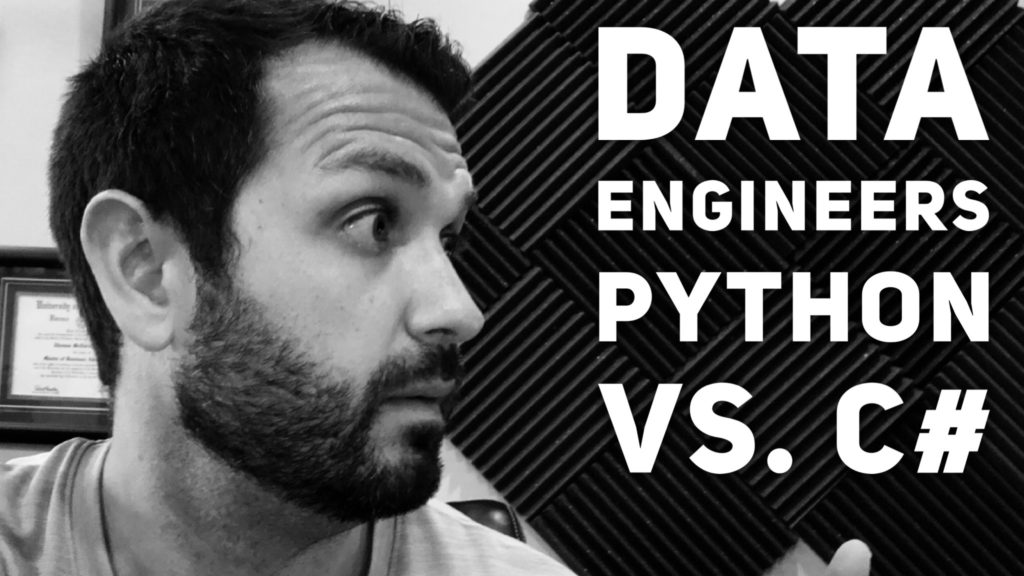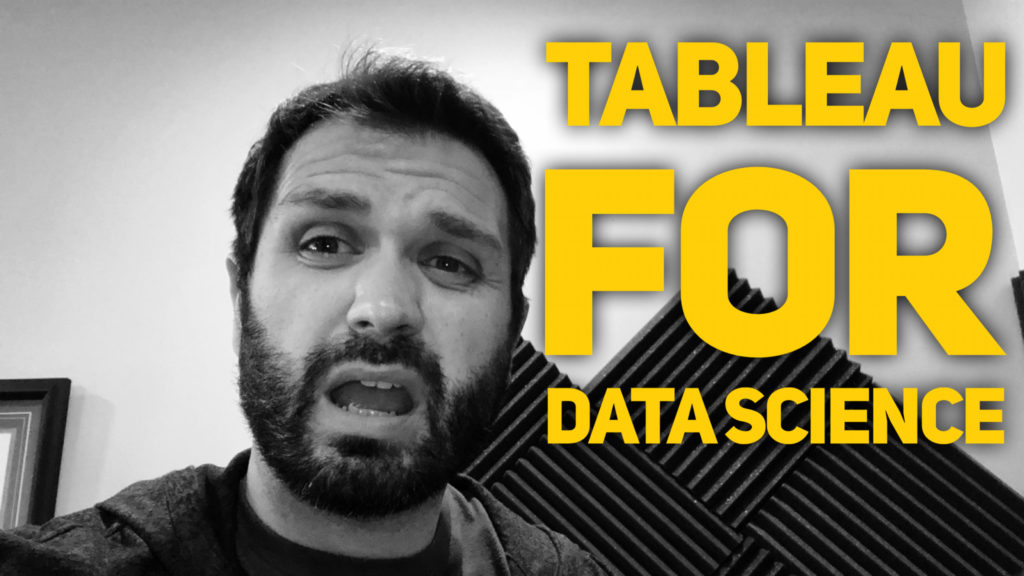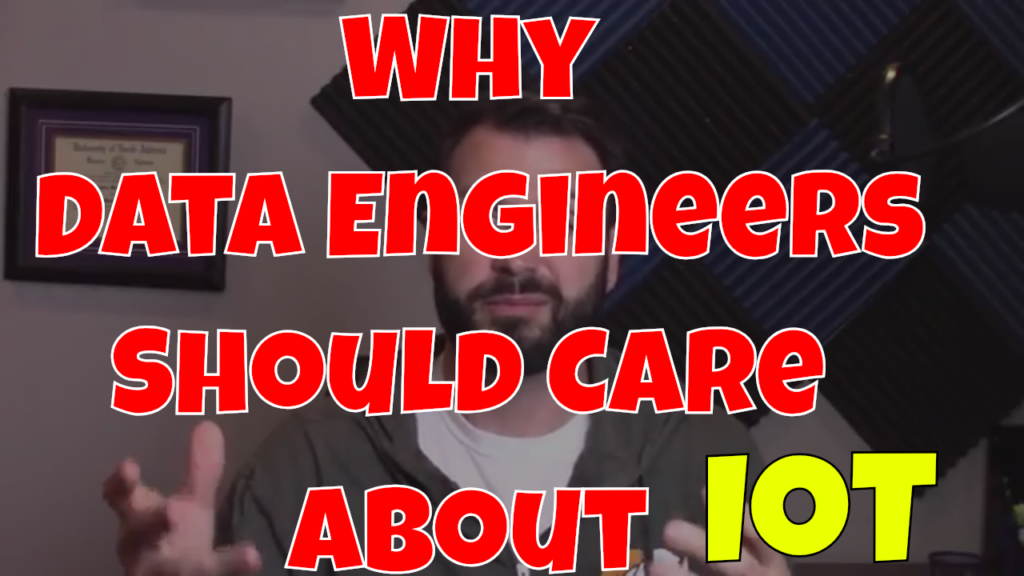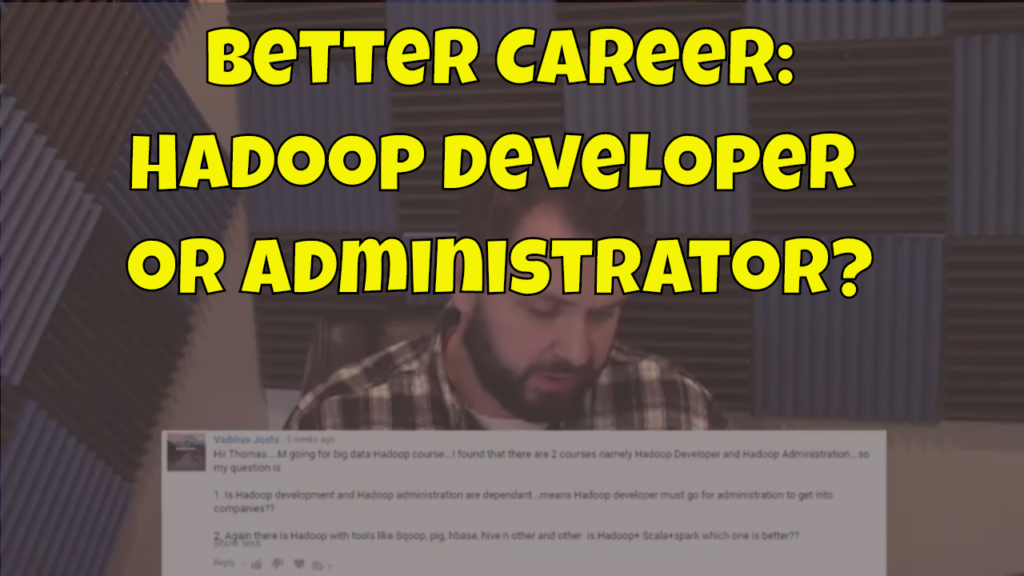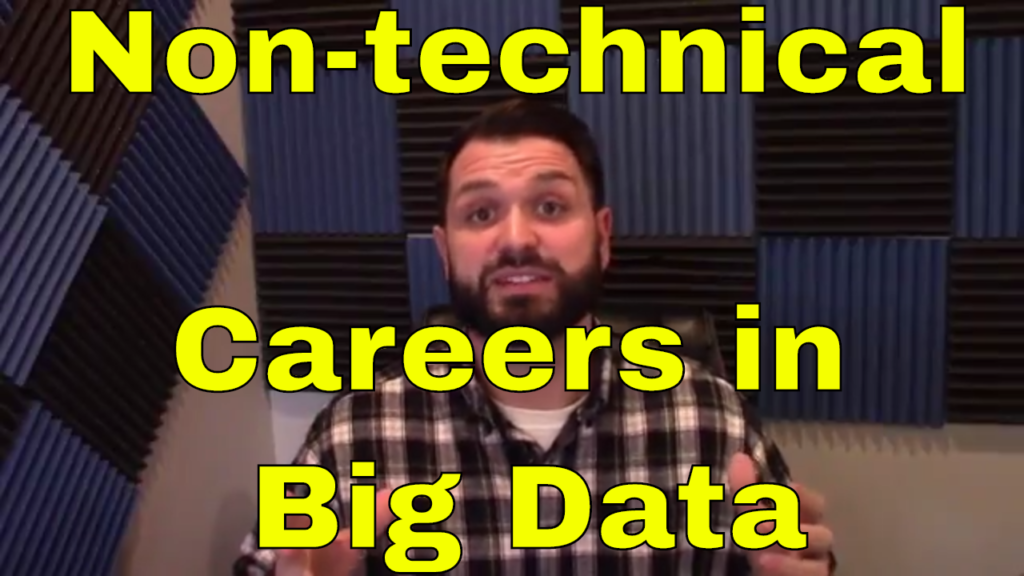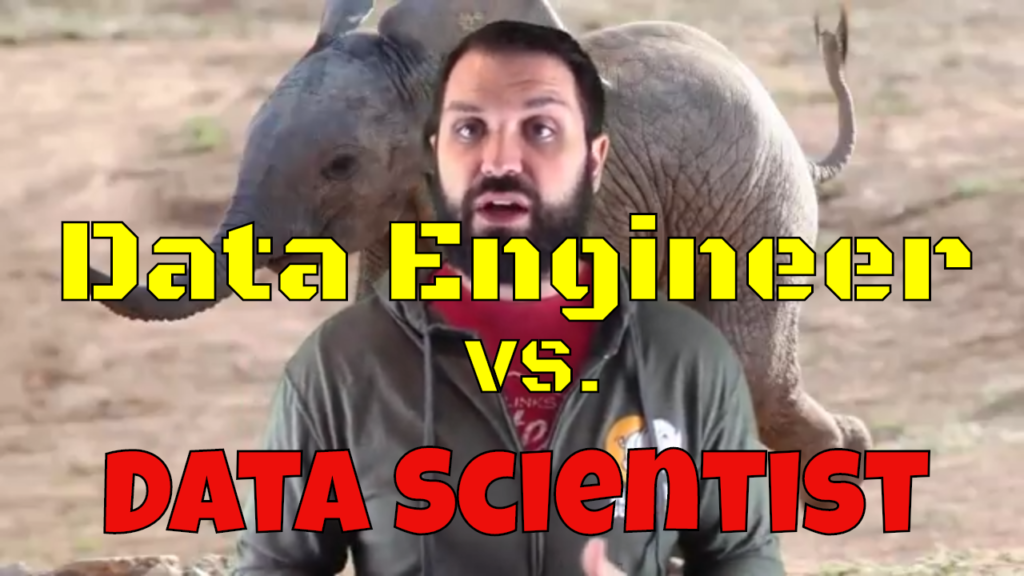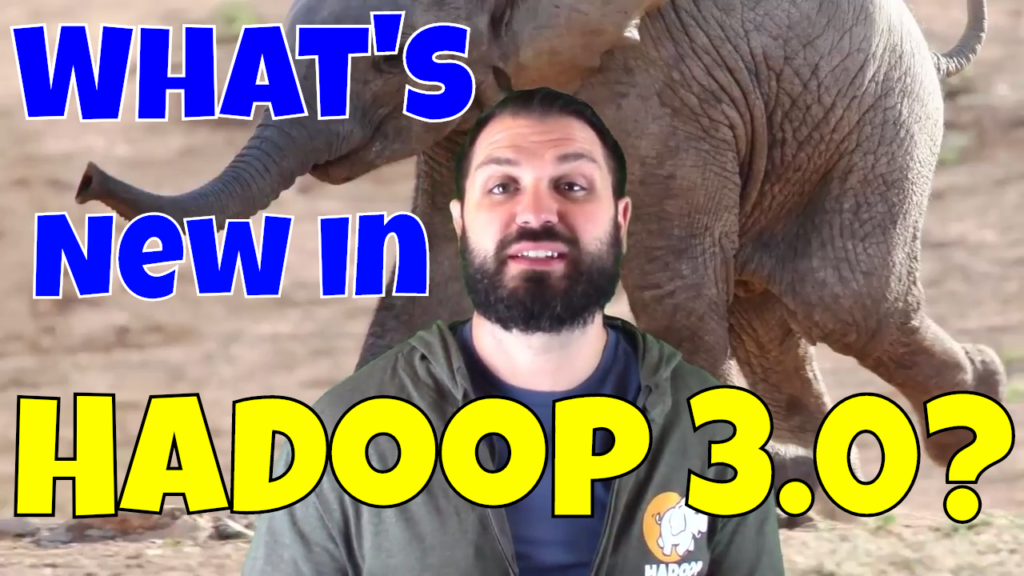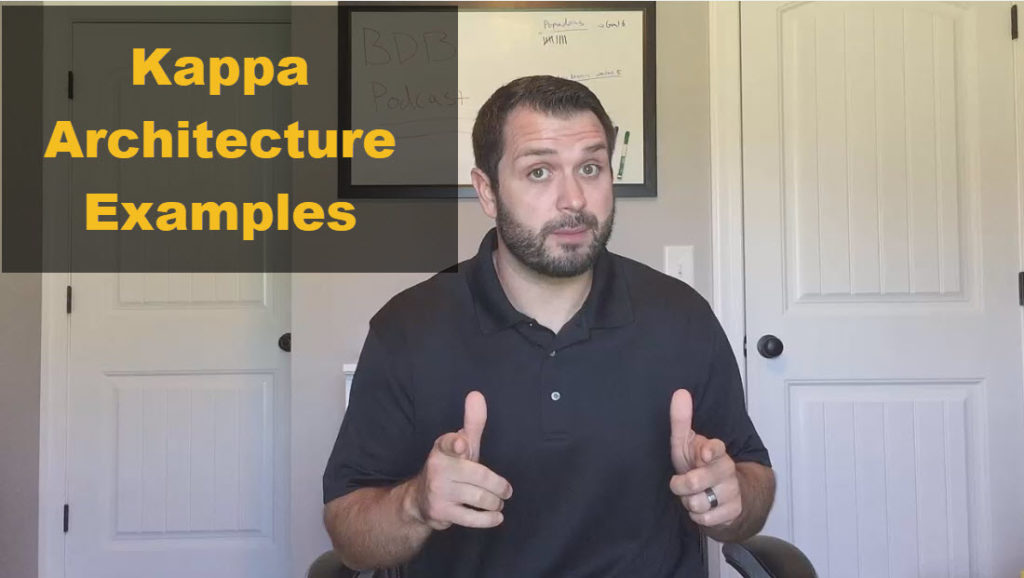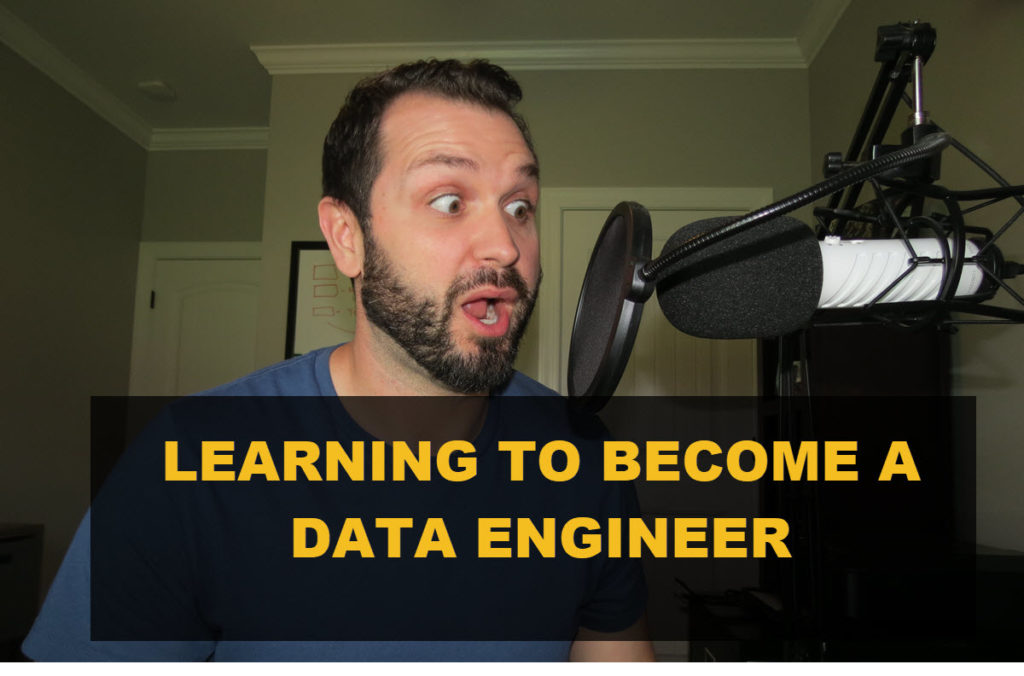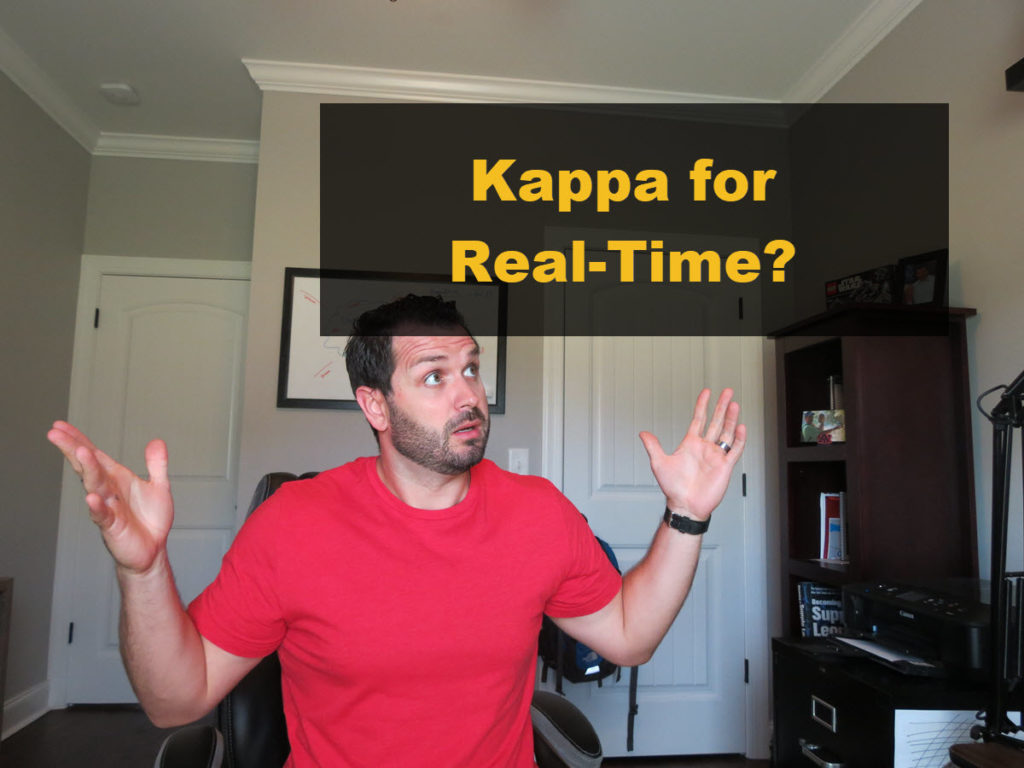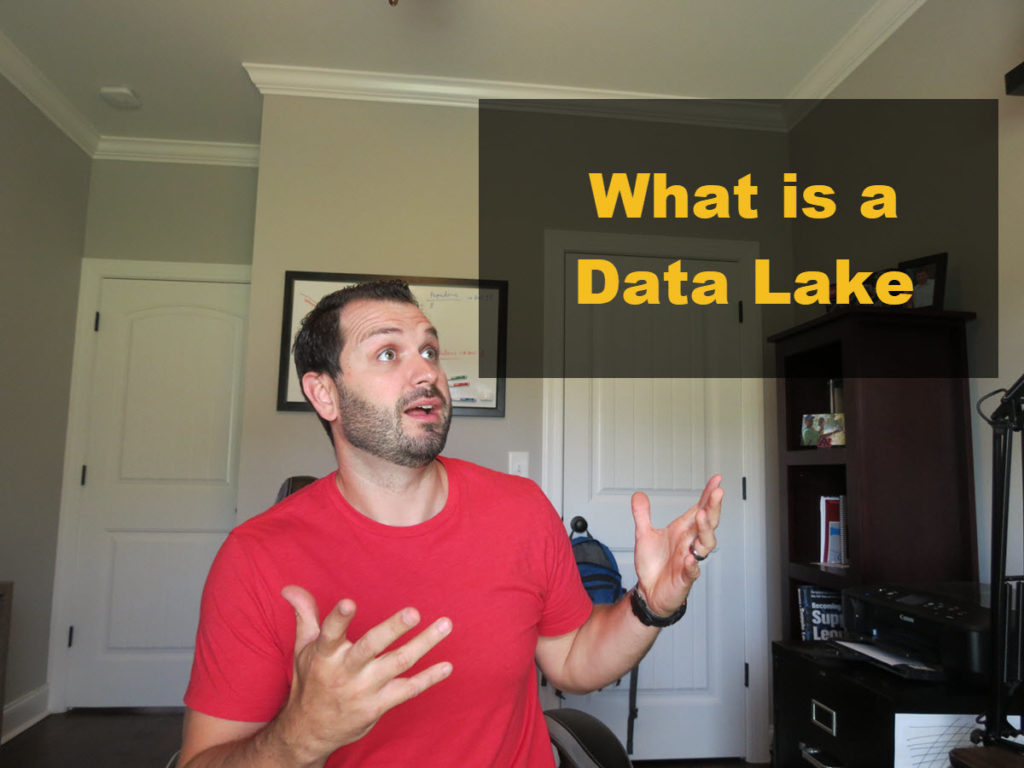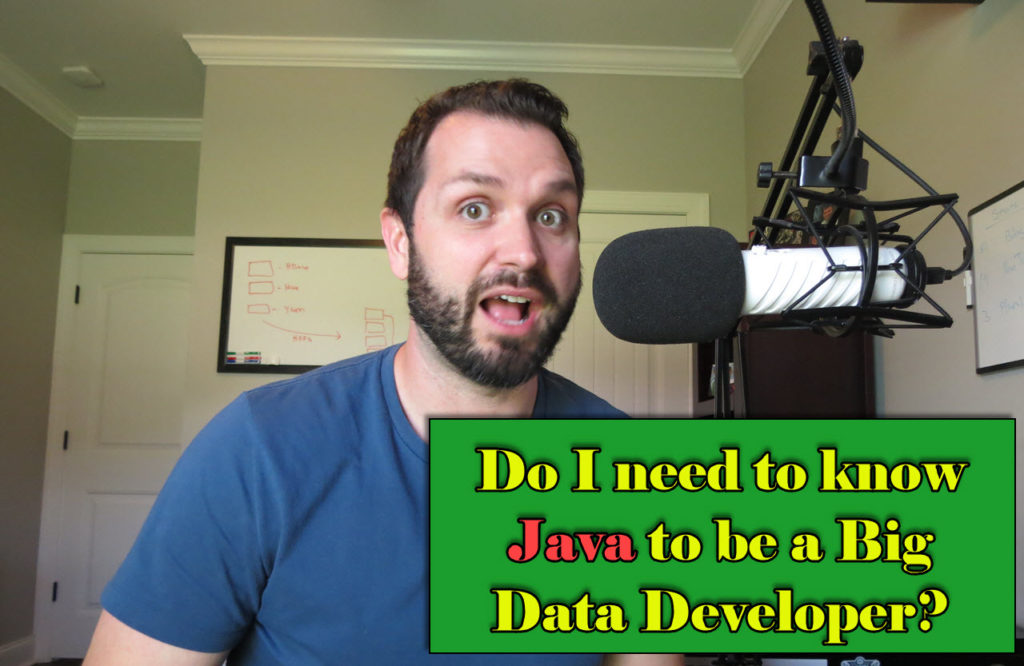Which Is Better Python Or C#?
Getting into wars over different programming languages is a no no in the world of programing. However, I recently had a question on Big Data Big Questions about which is better for Data Engineers Python or C#. So in the spirit of examining the difference through the lens of Data Engineering I decided to weigh in.
Python has long been used in Data Analytics for building Machine Learning models. C# is an object oriented programing language developed by Microsoft and used widely in all ranges of applications. Both have a ton of community support and a large user base but, which one is better? In this episode Big Data Big Questions I breakdown both Python and C# for Data Engineers. Make sure to watch the video to find out my thoughts on which is better in Data Engineering.
Transcripts – Data Engineer Python VS. C#
Hi folks! Thomas Henson here with thomashenson.com, and today is another episode of Big Data Big Questions. Today’s question, we’re going to do a comparison between Python and C#. It’s a question that I’ve had coming in, and it’s also something that’s a passion of mine, because I used to be a C# developer back in the day. Then, I’ve currently, I guess the last four or five, maybe six years, I’ve learned Python. I thought it would be good to go through some of that, especially if you’re just starting out. Maybe you’re in high school, or maybe you’re in college, or maybe you’re even looking to make a jump into data engineering or machine learning engineering, and you’re like, “Hey, man, there’s C# out here. There’s Python.” What are some of the differences? What should I learn? Find out right after this.
Today’s episode of Big Data Big Questions, I wanted to do some of the differences between Python and C#. First thing, we’ll start off with C#. C#, heavily developed by Microsoft. I think it was released in 2000. It’s an object-oriented programming language. You see it a lot. I used it, for instance, back when I was doing asp.net. There’s a lot of things that you can do, use it for. It relies on the .NET framework. You have to have the .NET framework to be able to go. They are in version 7.0. Primarily used, I used it a lot for web application development, but you can do a lot of different things with it, build out really complex and awesome applications, whether it be a desktop application, whether it be web, mobile, they’ve just got so much of a community that, there’s a lot of different things that you can do with it. Another thing, too, one of the comparisons to it is, it looks just like Java. Another reason I rotated to it, because one of my first languages I learned, I think I learned VB first, but I did a lot of stuff around Java, and actually when I graduated out of college, I thought I was going to be a Java developer for a long time. Really got engrained in that community there. Fast forward to being a web developer, and transitioning to C#, it was a really natural process for me. Like I said, heavy community, heavy packages, and frameworks, and things to be able to use. See it a lot with Microsoft. If you’re doing C#, you’re probably used VisualStudio or I think it’s VS Code. They’ve got a couple different IDEs for development and everything like that. See it a lot there.
Python. If you’ve been following this channel, you’ve probably seen a ton of videos that we’ve done around Python. Python was developed in 1991. It’s in version three. We talked about C# being in version 7. Python’s in version 3. I wouldn’t put a lot into that, because we talked about C# being in 2000 and Python’s been around since 1991. Heavily involved, both of them. It’s object-oriented just like that, just like C#. Also, you see it a lot used in, for sure, data analytics, but there’s a lot of different other frameworks that you can use to do web development. Pretty much, you can do anything you want with Python. You do have to install Python and have that running in your version. Sometimes that can be a little bit clunky, especially maybe in a Windows environment, but it’s something that you can download and start playing with, and have going on your machine. Man, probably in less than five minutes. Maybe I should do a video on that, but you can go ahead, download that, and be up and running, and start running your own code. Huge community support. There’s a ton of things out there for it. Like I said, talked about, I think even in our book review, we talked about some of the books for data engineers. I think there were two to three Python books that I had showed there, too. Heavy use there. Like I said, a lot of involvement from data analytics, whether it be data scientists or machine learning engineers, and just like with Tensorflow, or PyTorch, a lot of the deep learning frameworks that we’ve talked about on this channel have Python APIs.
The question is, you’re a data engineer just starting out, which one should you learn? I’m going to go through three different questions, where we’re going to talk about what you should learn, and which one is better? I hate doing which one is better, because each one is a different tool, and some tools are better at other things, or have more functionality to do certain tasks. Let’s jump right into it.
Which one is easier to learn? Err! I’m having to put myself in there, because I’m biased as far as C# and just having been a part of that community. Like I said, my first language being in VB, which was similar, and then a ton of work in Java. C# on the premise looked a little easier, but the way I’m going to do this criteria is which one do I think is easier to get up and get started from a data engineering perspective or data analytics perspective. I’m going to have to give it to Python. Like I said, can be a little clunky when you’re first installing it, but if you were just able to open up a Linux, build out a Linux machine, you can do, especially if you’re in the red hot, and you can do Yum install Python, and then you can start scripting away on some of the code there. Then, also, too, I’ll give it Python just from the perspective of a lot of things from a data analytics perspective. Number two, I’m a data engineer. I’m a machine learning engineer. Which one should I learn today? Which one would I start off with if I had to choose, only choose between Python and C#? I would probably go with Python, right? Go ahead and learn Python. I would encourage anybody watching this channel, jump into that community. There’s a ton of books out there. We’ve talked about on this channel where you can go, and learn how to do data analytics from that perspective. Python’s going to get the win there. Which one do I enjoy coding in more? Personal preference, man, I think C# will always have that win for me. Like I said, this is a data engineering channel, but like I said. I started off as a web developer. I really like VisualStudio, and I know there’s some plugins you can do with VS Code. You can use that as your IDE for Python and everything like that. There’s something about C# and that language that I really found comfortable and probably will always have a special place in my heart. Like I said, just coming from a Java perspective and everything like that, I’ll give that the win. The overall win, the overall win between the three categories, if you’re a data engineer, a machine learning engineer, you have to start somewhere, I’d say start with Python. Go through some of the tutorials. Got some on this channel. I’ve got some on my blog, but get started there. I hope you enjoyed this. Tell me what you think. Did I miss something on the differences? Would you have chosen C# as something to start off with? Do you like Python better than C#, versus like I said, C# has a special place in my heart, let me know in the comments section below, or if you have any questions, Do you want me to answer on the show? Put it in here, and then make sure you subscribe and ring that bell, so you never miss an episode of Big Data Big Questions.
